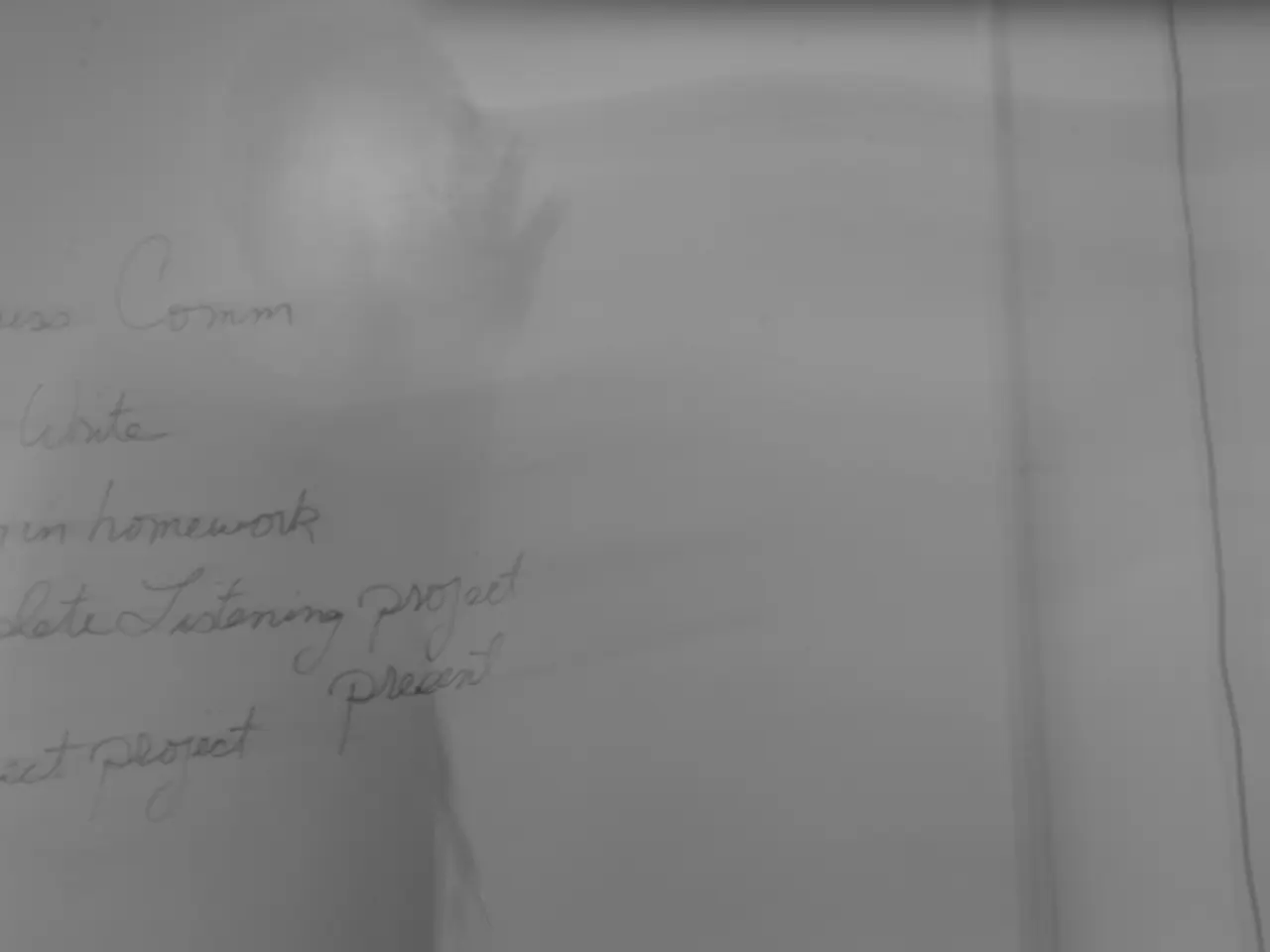South of the nation opting for a tax hike
In a recent ZDF interview, Markus Söder, the leader of Germany's Christian Social Union (CSU), reaffirmed his stance against any tax increases during the current legislative period. Söder maintained that the coalition had already lowered taxes and incurred additional debt, and that tax increases are not plausible at this time [1][2].
Söder also called for a comprehensive reform of unemployment benefits, although he did not provide specific details about the proposed changes [2]. He emphasized the need for more people to be in work to achieve economic growth, a focus that reflects his commitment to sustainability and integration into the labor market [5].
In the same interview, Söder proposed a significant shift in the country's approach to citizen's income for Ukrainian refugees. He advocated for ending citizen's income for all Ukrainians living in Germany, not just new arrivals. Söder argued that current benefits are more generous than those offered by any other country and that low employment participation among employable Ukrainians in Germany is a concern [1][4][5].
Söder's stance on social welfare reform for refugees is part of a broader political approach that prioritizes strict social welfare reforms and cautious fiscal governance. The CSU leader has also questioned the long-term viability of the current approach to avoiding tax increases, while the SPD Chairperson Bárbara Bas has expressed doubts about its effectiveness in the long run [3].
The SPD has suggested tax increases as a means of long-term financing for pensions, health, and nursing care insurance, a proposal that Söder has firmly rejected [1][3]. Bas, however, has maintained that reforms and higher state subsidies are necessary to prevent rising contributions [3].
In summary, Söder's opposition to tax increases, his call for ending citizen's income for Ukrainian refugees, and his advocacy for economic growth reflect a commitment to fiscal responsibility and integration into the labor market. These positions are likely to shape the political discourse in Germany in the coming months.
References: [1] ZDF (2022). Interview with Markus Söder. [online] Available at: https://www.zdf.de/nachrichten/politik/markus-soeder-gesprach-100.html [2] Tagesspiegel (2022). Söder forscht nach Steuererhöhungen. [online] Available at: https://www.tagesspiegel.de/politik/soeder-forscht-nach-steuererhoehungen/27889794.html [3] Spiegel Online (2022). Soeder lehnt Steuererhöhungen ab. [online] Available at: https://www.spiegel.de/politik/deutschland/markus-soeder-lehnt-steuererhoehungen-ab-a-1295916.html [4] Tagesschau (2022). Söder will Bürgergeld für Ukrainer abschaffen. [online] Available at: https://www.tagesschau.de/ausland/ukraine-soeder-buergergeld-101.html [5] Handelsblatt (2022). Söder fordert Arbeitsmarkt-Reformen. [online] Available at: https://www.handelsblatt.com/politik/deutschland/soeder-fordert-arbeitsmarkt-reformen-16487264
- Markus Söder's commitment to fiscal responsibility is evident in his stance against tax increases during the current legislative period and his call for reforming unemployment benefits, as well as his proposal to end citizen's income for Ukrainian refugees, which reflect his focus on economic growth and integration into the labor market.
- The debate on policy-and-legislation, particularly concerning tax increases and social welfare reforms, is a central topic in the current political news, with Söder from the CSU and Bárbara Bas from the SPD holding contrasting views on the matter, making politics a dynamic and engaging subject.






